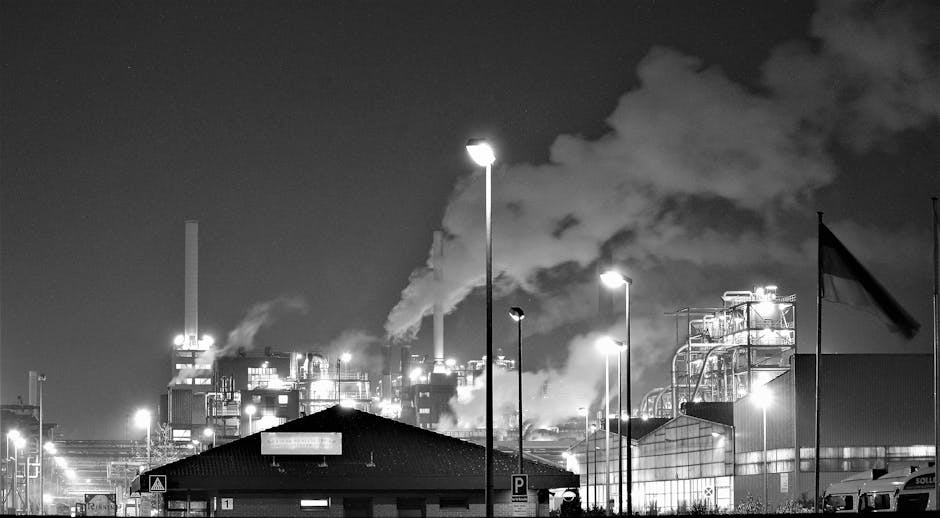Global warming, often referred to as climate change, poses a significant and urgent threat to our planet. It is the gradual increase in the earth's average surface temperature due to the release of greenhouse gases into the atmosphere. The burning of fossil fuels for energy production, deforestation, and other human activities release carbon dioxide and other greenhouse gases, leading to the trapping of heat in the atmosphere.
The consequences of global warming are far-reaching and devastating. Rising temperatures contribute to extreme weather events such as hurricanes, droughts, heat waves, and floods. These events can result in widespread property damage, loss of life, and disruption of essential services. Moreover, melting glaciers and ice caps are causing sea levels to rise, threatening coastal communities and ecosystems.
The impact of global warming extends beyond weather patterns. Changes in temperature and precipitation affect agricultural productivity, leading to food shortages and increased food prices. Coastal erosion, coral bleaching, and ocean acidification also pose significant threats to marine life and coastal ecosystems.
Addressing global warming requires a collective and concerted effort. Governments, businesses, and individuals have a role to play in reducing greenhouse gas emissions and transitioning to clean energy sources. Promoting energy efficiency, investing in renewable energy, and implementing sustainable forestry practices are crucial steps towards mitigating the effects of climate change.
International cooperation is essential in tackling this global challenge. The Paris Agreement, adopted in 2015, aims to limit global temperature rise to well below 2 degrees Celsius above pre-industrial levels. This requires countries to set ambitious targets for reducing emissions and implementing climate action plans.
Individual actions also contribute to the fight against global warming. Reducing energy consumption, adopting sustainable lifestyles, and supporting businesses that prioritize environmental responsibility can make a significant difference. By making informed choices and advocating for climate action, we can help create a more sustainable future for ourselves and generations to come.
The time to act is now. Global warming is a real and pressing threat that demands our immediate attention. By understanding the consequences of inaction and implementing effective climate mitigation and adaptation strategies, we can protect our planet and ensure a healthy and prosperous future for all.

